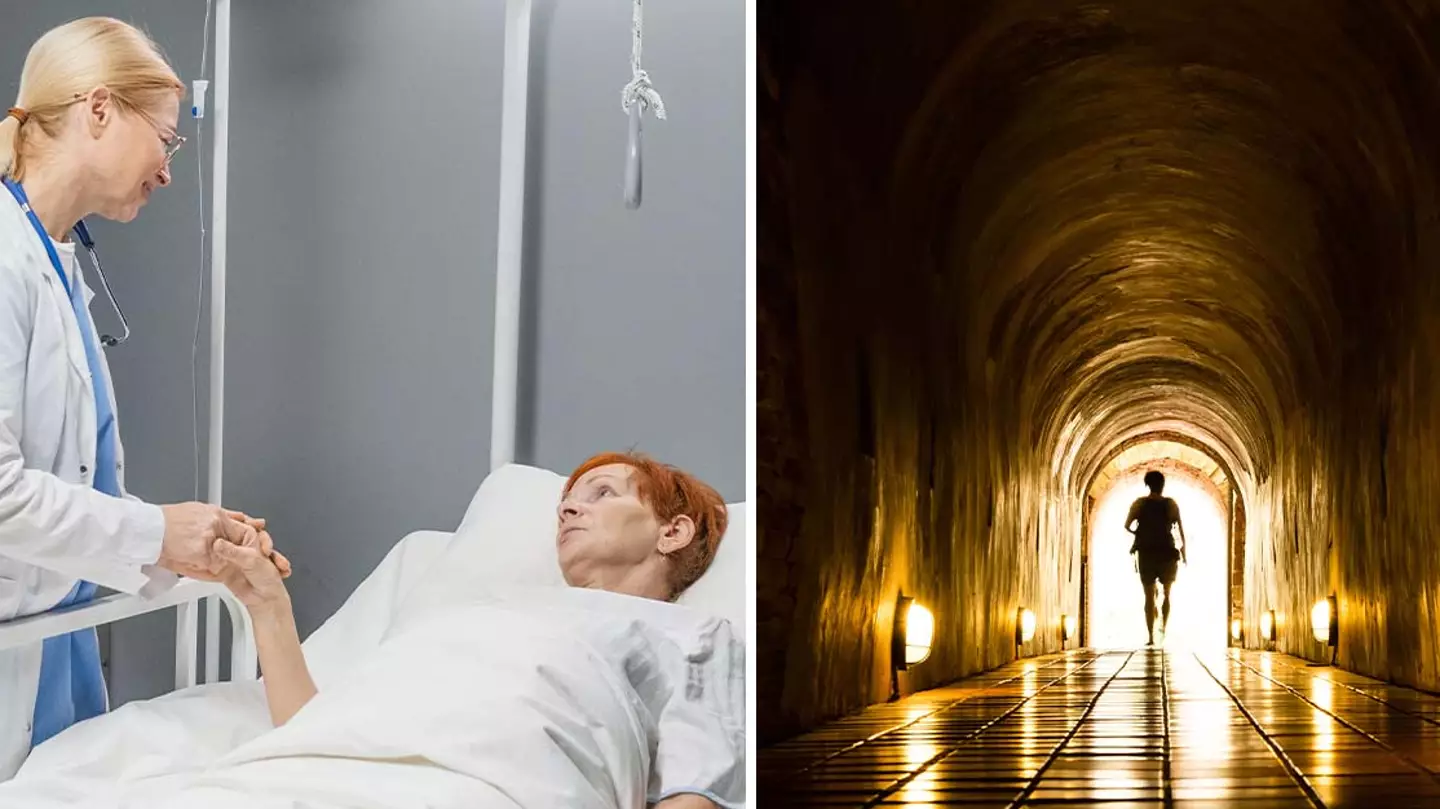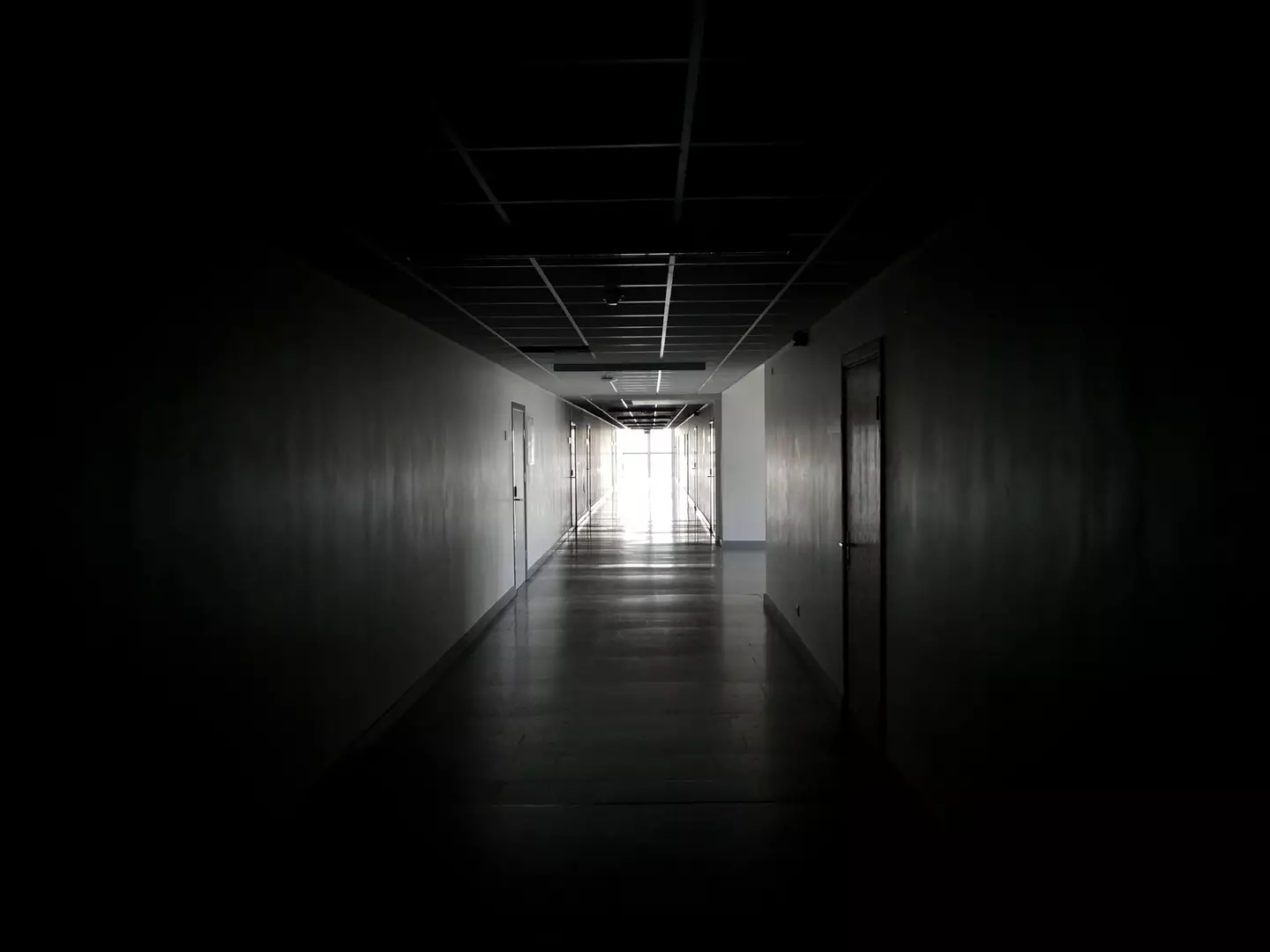
An intensive care unit doctor has revealed there are ‘five key things’ patients whose hearts stopped told him about the experience.
Dr Sam Parnia has been studying how consciousness is affected when the heart ceases to function for 25 years.
Dr Parnia, an associate professor at the Department of Medicine at NYU Langone Health, said people report experiencing ‘heightened consciousness’ even though their hearts aren’t beating.

Advert
Dr Parnia told Medical News Today that he had determined ‘five key themes’ from the patients he’s studied over the decades.
"We characterise the testimonies that people had and were able to identify that there is a unique recalled experience of death that is different to other experiences that people may have in the hospital or elsewhere,” he explained.
"These are not hallucinations, they are not illusions, they are not delusions, they are real experiences that emerge when you die.”
Dr Parnia’s findings were first presented earlier this year at the American Heart Association's Scientific Sessions.
His study examined data from 567 women and men who had CPR performed on them after their hearts stopped beating.

Ten percent of the patients tested lived to be discharged from hospital and 28 of those were interviewed, with some recalling ‘specific memories’ - which Dr Parnia said were probably ‘misinterpretations’ of medical events they’d experienced.
Pointing out that one patient said they felt like they were ‘burning in hell’, Dr Parnia said this was likely just a reaction from a potassium IV drip.
The five key themes he reported were: feeling CPR taking place, hearing the medical team, activities in intensive care after the CPR, heading to a destination and evaluation of life.
Dr Parnia explained that many patients also spent time thinking about how their actions had impacted others.
As for the ‘heading to a destination’ theme, Dr Parnia told the outlet that some patients felt as though they were travelling to a place that resembled their home, while others recalled old - and sometimes frightening - memories.
As part of the study, brain monitoring devices were attached to the patients as medics attempted resuscitation in a bid to test for signs of unconscious learning.
Images were also projected onto a screen with the use of special devices and accompanied by audio.
The words ‘apple, pear and banana’ were repeated every minute for five minutes.
No patients remembered the images projected onto the screen and just one recalled the names of fruits they’d heard while having CPR.
According to experts, some brain activity was still taking place 60 minutes into CPR, which is pretty mind blowing.
Topics: Health
